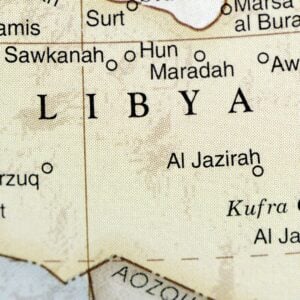At an event commemorating the 30th anniversary of the World Programme of Action for Youth, General Assembly President Annalena Baerbock emphasized that youth participation must go beyond mere attendance at meetings. She highlighted the importance of integrating young people’s lived experiences and expertise to shape policies that affect their lives. The framework, which spans 15 priority areas including education, employment, health, the environment, and digital technologies, underscores the role of youth as drivers of change across all sectors.
Today’s youth generation, numbering around 1.2 billion people aged 15-24, is leading efforts in climate action, digital innovation, human rights advocacy, and local solutions. However, UN officials noted that young people often face barriers to education, decent work, health services, and political participation, while violence, instability, and shrinking civic space continue to silence their voices. Despite their leadership potential, many young people remain excluded from decisions that directly impact their lives.
The commemoration also highlighted the urgent challenges still facing youth worldwide. Millions are disproportionately affected by climate change, digital disruptions, conflicts, and humanitarian crises. Conflicts in regions such as Gaza, Ukraine, Haiti, the DRC, and Sudan have left young people displaced, deprived of education, and at risk to their safety and futures. The UN Youth Office stressed that these individuals are “paying the highest price” for global inaction.
To ensure youth voices guide meaningful action, over 75,000 young people from 182 countries contributed insights through a foresight activity coordinated by the UN. Their experiences reflect the leadership and impact of today’s generation, as exemplified by initiatives like the historic International Court of Justice ruling on States’ obligations to address climate change, driven by Pacific students.
Youth advocates at the event called on the United Nations and Member States to take concrete action. Amina Alidi from Malawi urged leaders to “listen to us, invest in us, and most important of all, partner with us.” James Casserly from Ireland emphasized that genuine youth participation means enabling young people to make decisions themselves rather than being spoken for, reinforcing the principle of “nothing about us without us.” The event underscored the critical need for global leaders to elevate youth voices, invest in their potential, and collaborate with them to shape a more equitable and sustainable future.






